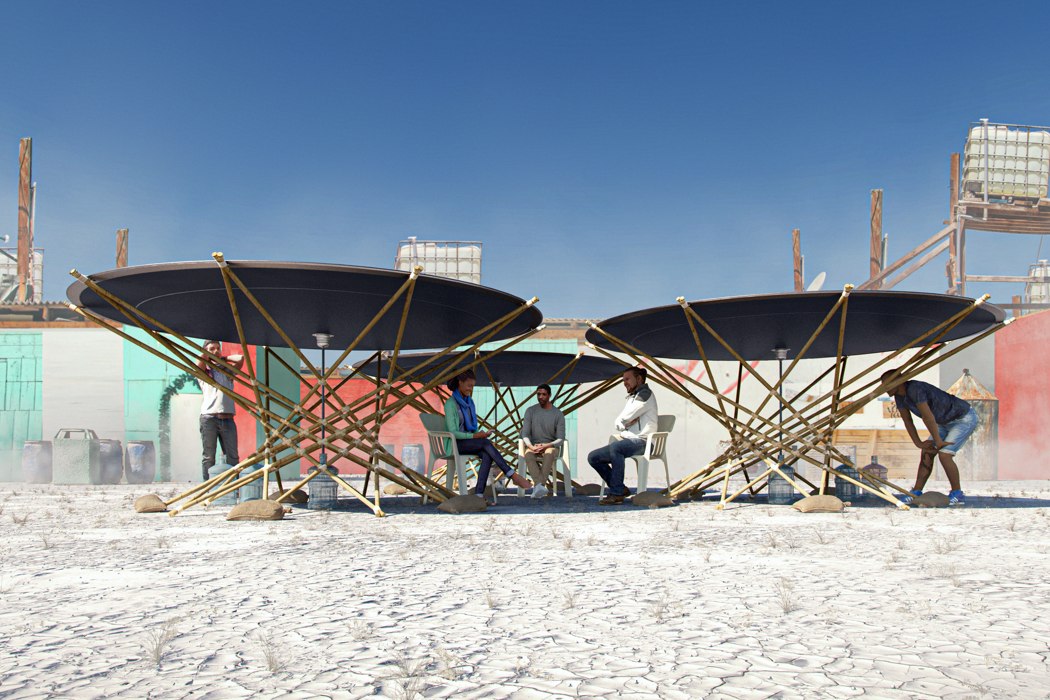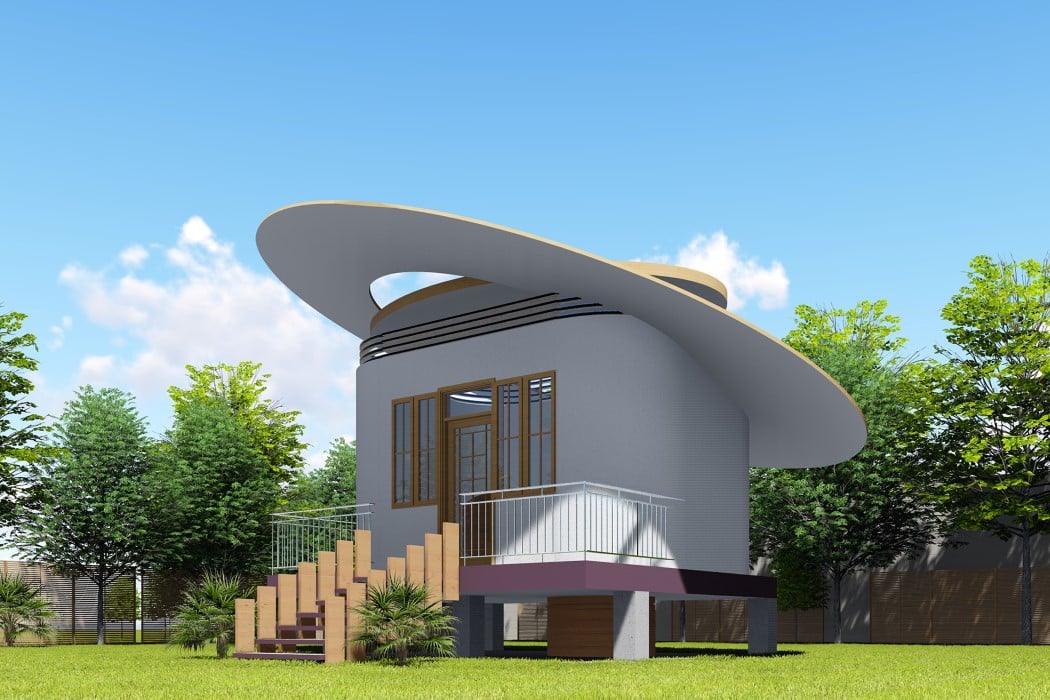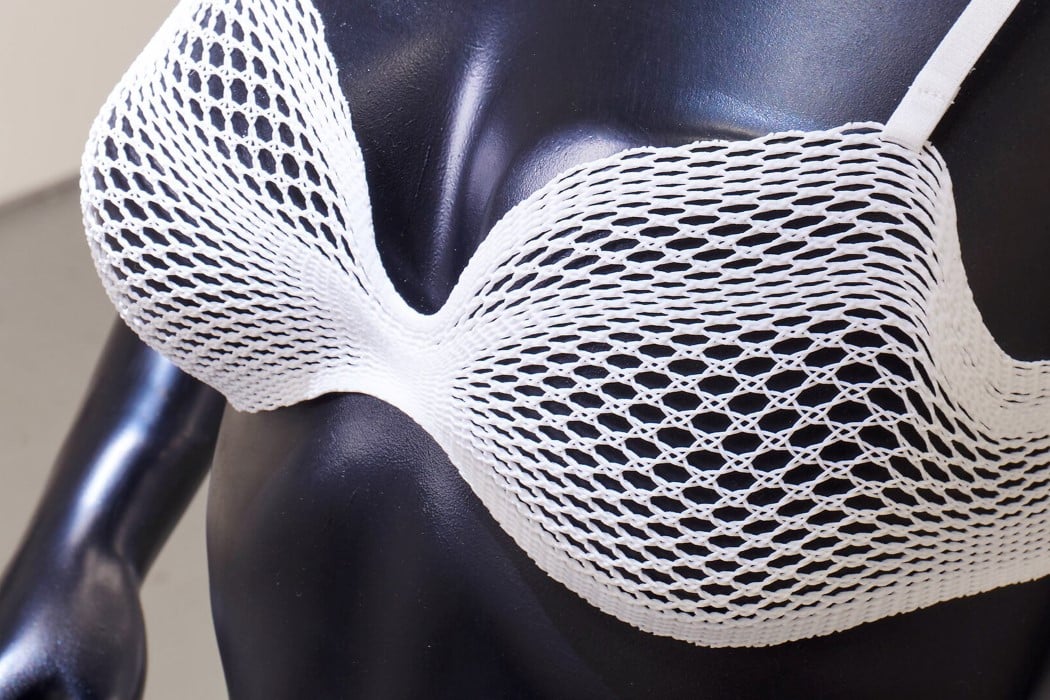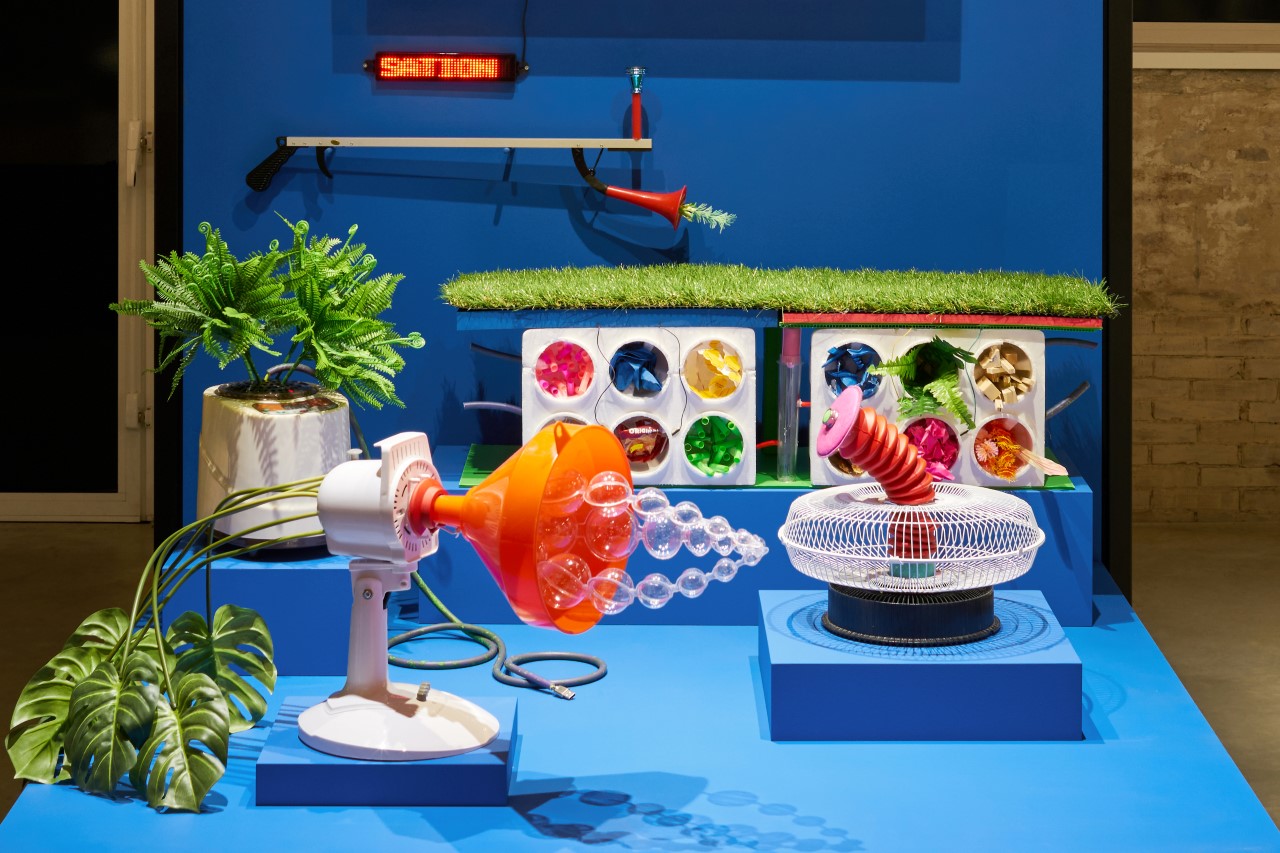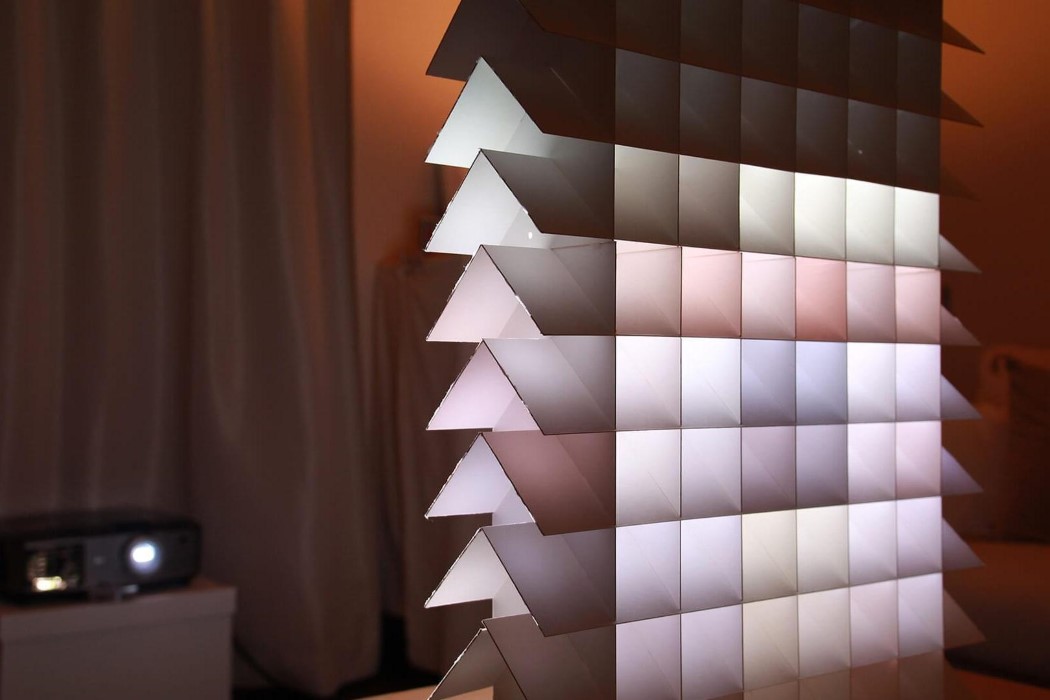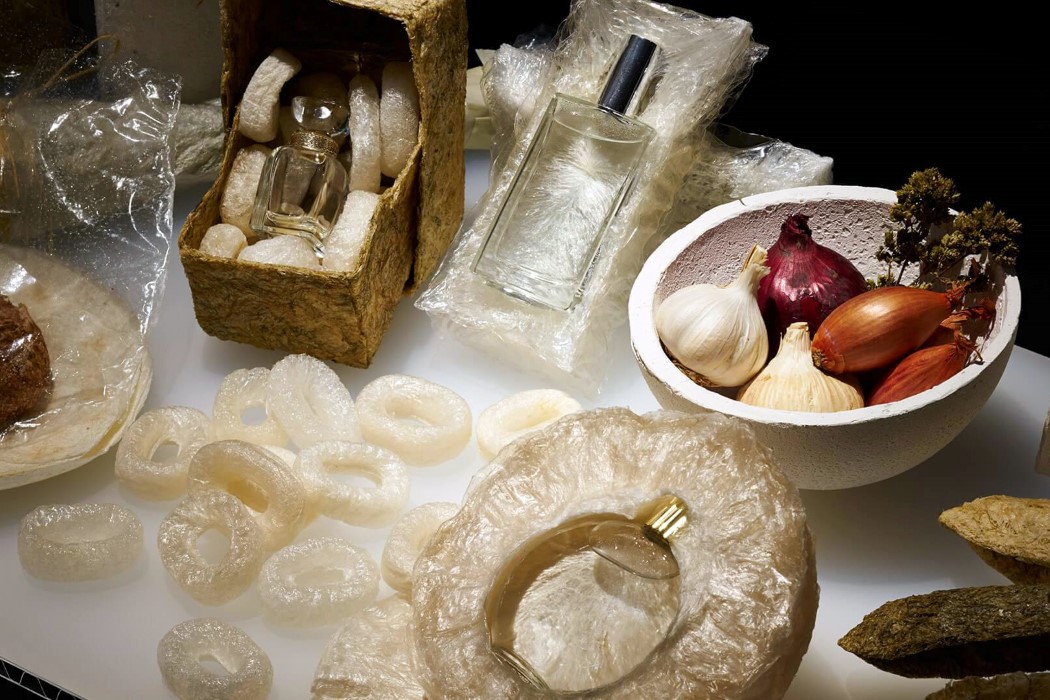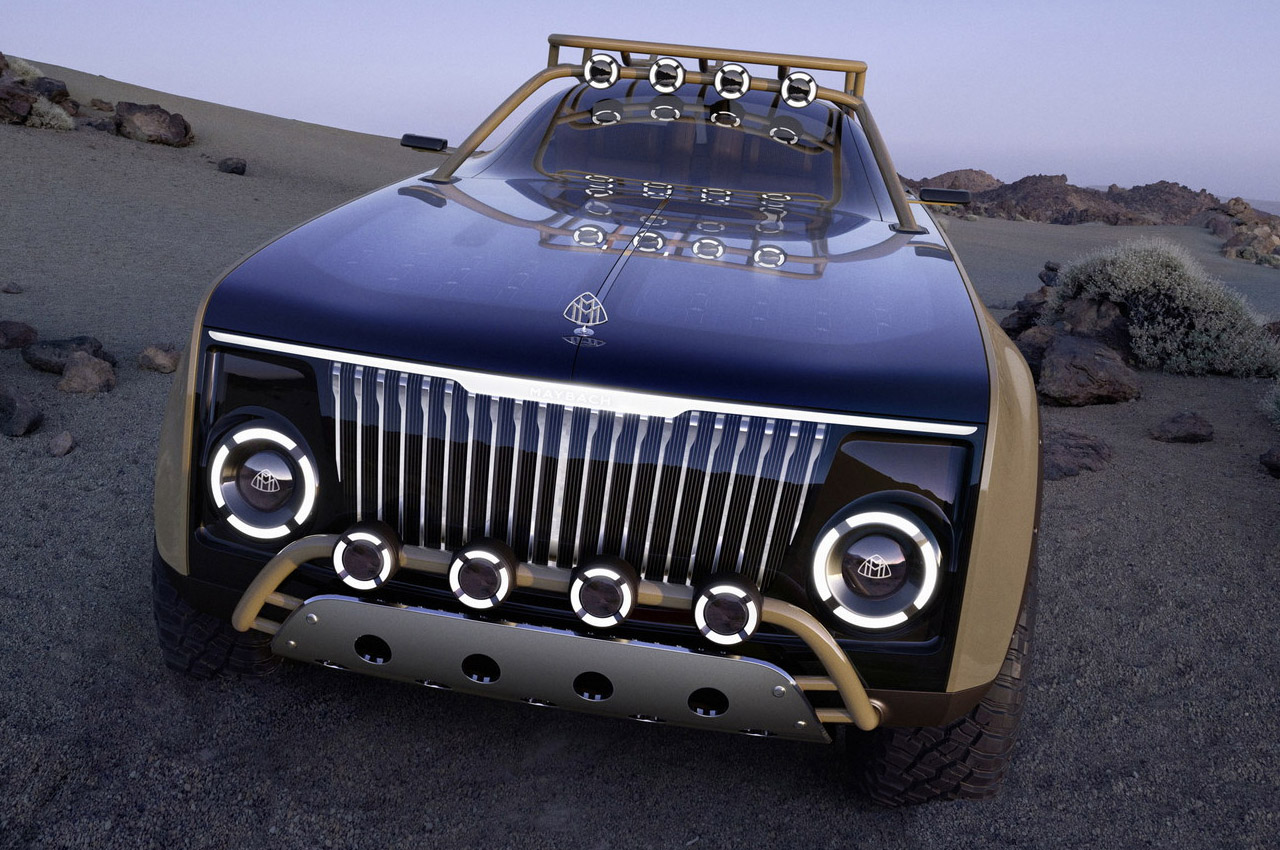#The 2022 LEXUS DESIGN AWARD is looking for designs that create a ‘Brighter Future’ for everyone.
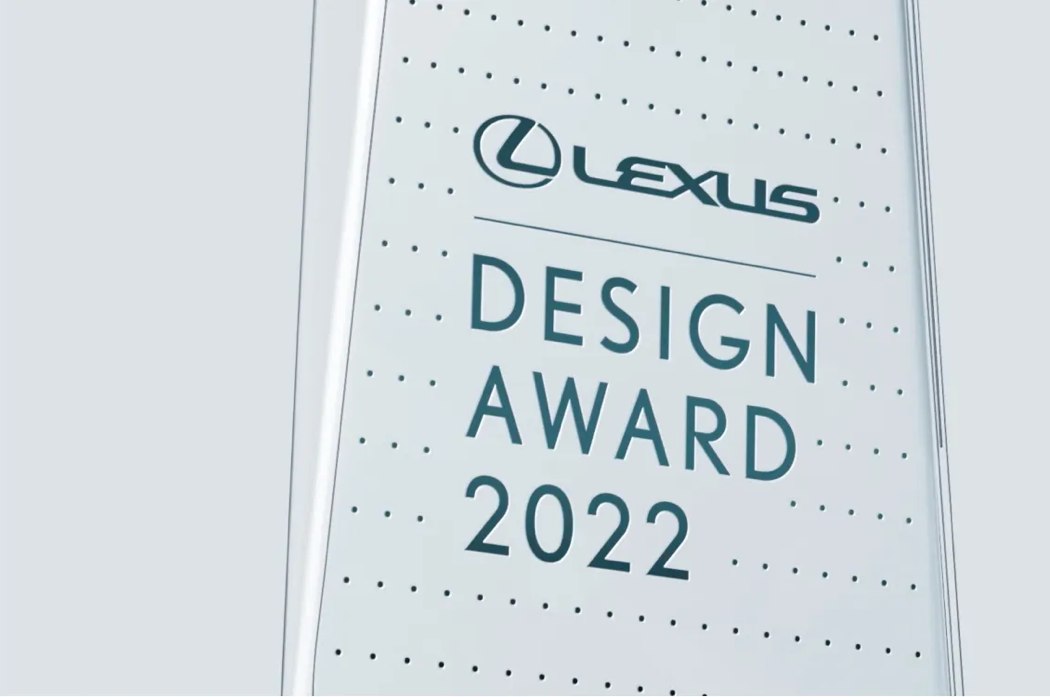
Table of Contents
“The 2022 LEXUS DESIGN AWARD is looking for designs that create a ‘Brighter Future’ for everyone.”
Now in its 10th edition, the annual LEXUS DESIGN AWARD has helped foster innovation by finding great talent from around the world, nurturing life-changing ideas, and creating the right environment for experienced mentors to help budding designers turn their ideas into reality.
Originally envisioned in 2013 to leverage Lexus’ spirit of innovation to help make the world a better place, the LEXUS DESIGN AWARD’s support of young designers remains the same even 10 years later. The program invites young designers and students from around the world to create a design that they believe makes the world a better, healthier, and more inclusive future for our planet. The theme for the award echoes Lexus’ brand principle – “Anticipate, Innovate and Captivate, while seamlessly enhancing the happiness of all”. Creating the perfect environment for a design to grow, Lexus helps engineer ideas into real, impactful solutions. The brand’s strong association with design and with innovation helps it accelerate ideas to achieve their full potential. Apart from accelerating, developing, and promoting design projects, the Lexus Design Award helps kickstart design careers too, with exclusive mentorships from international design stalwarts, funding for prototypes (up to 3 million Japanese Yen or $25,000 USD), and the opportunity to have your work judged by the biggest figures in design in the final Grand Prix competition. Past judges include architects Sir David Adjaye and Shigeru Ban, famed curator Aric Chen, and artist-designer Jaime Hayon.
The award process is quite unlike any other… it’s part award, part internship, part incubator, and part institute. When you apply for the Lexus Design Award, you’re enrolling yourself into a 3-month course with internationally-recognized mentors, the likes of Sam Baron (Designer / Creative Director, Sam Baron & Co.), Joe Doucet (Founder, Joe Doucet x Partners), Yosuke Hayano (Principal Partner, MAD Architects), and Sabine Marcelis (Designer / Founder, Studio Sabine Marcelis). During this time, the mentors work with you on your project (sort of like the most personalized internship ever), taking your rough concept to fruition, while Lexus incubates the product, providing grants of up to 3 million Japanese Yen (or $25,000 USD) dedicated to prototyping the projects to a working proof-of-concept. Additionally, in exclusive individual follow-up sessions, the six finalists will receive personalized consultations with each of the panel members to explore career paths and give a flying start to their further professional development.
The awards are free for all to enter, focusing on young talent looking to find their footing in the industry, and offering them the ability to take their nascent ideas to new heights, with advice from established professional mentors. At the end of the mentorship phase, a Grand Prix winner is chosen by the award’s esteemed judging panel comprising of Paola Antonelli (Senior Curator at MoMA), Anupama Kundoo (Architect and Founder of Anupama Kundoo Architects), Bruce Mau (Co-Founder & CEO of Massive Change Network), and Simon Humphries (Head of Toyota and Lexus Global Design).
Visit the Discover Lexus website to learn more about the Lexus Design Award. The Lexus Design Award continues to evolve in theme and format since its launch in 2013 with the mission of supporting and nurturing young creators. Scroll down to check out some of the winning designs from the years gone by.
Lexus Design Award Past Winners
Portable Solar Distiller by Henry Glogau (2021 Grand Prix Winner)
The Portable Solar Distiller provides clean drinking water by filtering polluted water or overly saline seawater using sunlight. Merging local resource production with community architecture, this low-tech solution also serves as a shaded gathering place. Its large canopy serves a dual purpose – harvesting sunlight to help purify water through evaporation and acting as a community center for people to gather under during the day or even at night. The Portable Solar Distiller’s open-source schematic can easily be tweaked and implemented by anyone, allowing the design solution to have a wider reach and impact. The Portable Solar Distiller is designed in a way that can be carried, opened out, and assembled anywhere. Almost like a beach umbrella, it provides shade for groups of people, while having the added benefit of being able to purify water.
Open Source Communities by BellTower (2020 Grand Prix Winner)
A vast number of Kenyans suffer from a combination of problems like water shortage, diseases caused by consumption of unfiltered/unfit water, having to walk miles to get water on a daily basis, or alternatively having to pay high rates for local water distribution. “In Nairobi, high-tech coexists with urban poverty”, say the team at BellTower, who designed the Open Source Communities project which creates a new format of community-building that relies on efficient allocation of resources that help the lower-income communities get access to basic necessities like water. The project creates a centralized water-reservoir – a structure that sits between hundreds of homes, providing water to every single one of them. The structure’s innovative format allows it to harvest and conserve rainwater, while actively filtering it of dirt, microorganisms, and other impurities. During the monsoons, surplus water helps generate money for the communities too, allowing them to get an extra source of income while bridging the vast resource gap. However, the best part about the Open Source Communities is that it exists as a public-utility template. Its open-source nature gives it unlimited flexibility, allowing it to be modified to fit in practically any scenario.
Algorithmic Lace by Lisa Marks (2019 Grand Prix Winner)
Bringing Algorithms and Attire together in a beautifully crafted garment with a noble purpose, Algorithmic Lace uses advanced three-dimensional modeling to handcraft bespoke bras for breast cancer survivors who have undergone mastectomy surgery. Algorithms have a long-standing love-affair with the textile industry, as one of the first machines to use algorithms was the Jacquard Loom back in the 1800s. The loom was controlled by a series of punched cards, which contained information that the loom read. Different cards had different algorithms and by switching the cards in the loom, you could tell it to alternate between complex textile weaves like brocade, damask and matelassé. Algorithmic Lace builds on that rich history, by using lines of code to create bras that are custom-built for their wearers. These garments are made specifically to functionally suit women who’ve undergone surgery, and the algorithmic pattern helps create a well-fitted, comfortable brassiere that’s also incredibly aesthetic to look at, empowering the wearer with confidence, along with their new lease of life.
Testing Hypotheticals by Extrapolation Factory (2018 Grand Prix Winner)
Testing Hypotheticals is a uniquely designed ‘futures workshop’ created to explore speculative relationships between society, technology, and the environment. The test site is to social innovation what a track is to a car. Just the way companies test out safety features of their new cars on specially designed tracks multiple times before allowing cars to be operated on real roads, the Testing Hypotheticals is a collaborative ‘studio’ designed to test out hypothetical social scenarios prior to implementation. Extrapolation Factory, the designers behind this unique solution, plan on working with locals in neighborhoods to envision spaces that communities could use as test grounds for new ways of living and working. This studio will work with participants to identify key aspects or issues that concern the neighborhood, and then develop ideas for how these issues could be explored and changed through development within a testing site.
Pixel by Hiroto Yoshizoe (2017 Grand Prix Winner)
There’s sheer magic in how the Pixel can actually take what you see and reduce its resolution to a handful of pixels… creating an illusion of being in a low-res world. At its heart is a uniquely crafted module that takes light as an input, and through repeated internal reflection, turns inputted images into square outputs. Imagine how the mirrors on a periscope work, taking an image from the top and carrying them down to the viewfinder below… this module does something similar, but with a different result. Stack enough of these modules together and you get the Pixel, a dynamic wall that instantly pixelates anything behind it. The Pixel relies on a powerful light source, and in this case, uses a projector. Project an image on it and the modules average out the light entering them, instantly pixelating the image and giving us a new perspective on the way we see light and shadows!
Agar Plasticity by AMAM (2016 Grand Prix Winner)
As its name suggests, the Agar Plasticity project uses Agar, a gelatinous marine algal material, as a replacement for plastics, creating a naturally occurring alternative to one of nature’s largest pollutants. The project envisions a use of Agar as an alternative to the plastics found in packaging. Given that packaging for a product is often discarded immediately after purchase, Agar Plasticity hopes to create a solution that is eco-friendlier. Agar itself is derived from nature, and when treated a certain way, can be molded into containers, trays, and films that can replace single-use plastics. When discarded, the Agar can easily degrade in water or land, turning into nutrition for microorganisms and helping reduce waste. Japan-based design-trio AMAM is currently working to get larger institutions and corporations to look into the use of Agar as a safe plastic alternative.
Visit the Discover Lexus website to learn more about the Lexus Design Award.
Sarang Sheth
If you liked the article, do not forget to share it with your friends. Follow us on Google News too, click on the star and choose us from your favorites.
For forums sites go to Forum.BuradaBiliyorum.Com
If you want to read more like this article, you can visit our Technology category.
